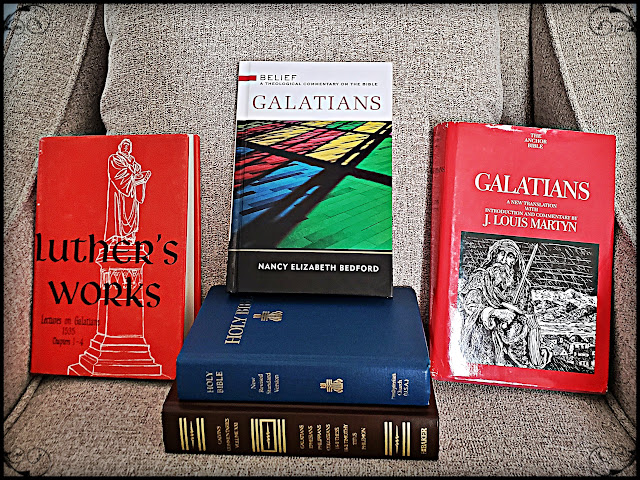What Am I Reading? David Congdon’s “Varieties of Christian Universalism”

Wondering what to do with that gift card you received for Christmas? Wanting to start the year off right with a compelling read about rethinking everything you thought you knew about the doctrine of salvation? Have I got a book for you! David Congdon’s (ed.) Varieties of Christian Universalism: Exploring Four Views (Baker, 2023) will not disappoint. David and his collaborators present a reliable and excellent roadmap to the primary varieties of Christian Universalism. Those who have never considered universalism before will benefit from the careful and ordered tour, and those who have long considered it will be delighted by the clarity and detail of the positions exhibited. This volume is well worth engaging. I tweeted some quotes from this book as I read it, and I’m going to link those in below for your consideration. But I also must say that Congdon’s contributions to this volume are more than worth the cost of picking up a copy in and of themselves, and the chapters from Gregg...


